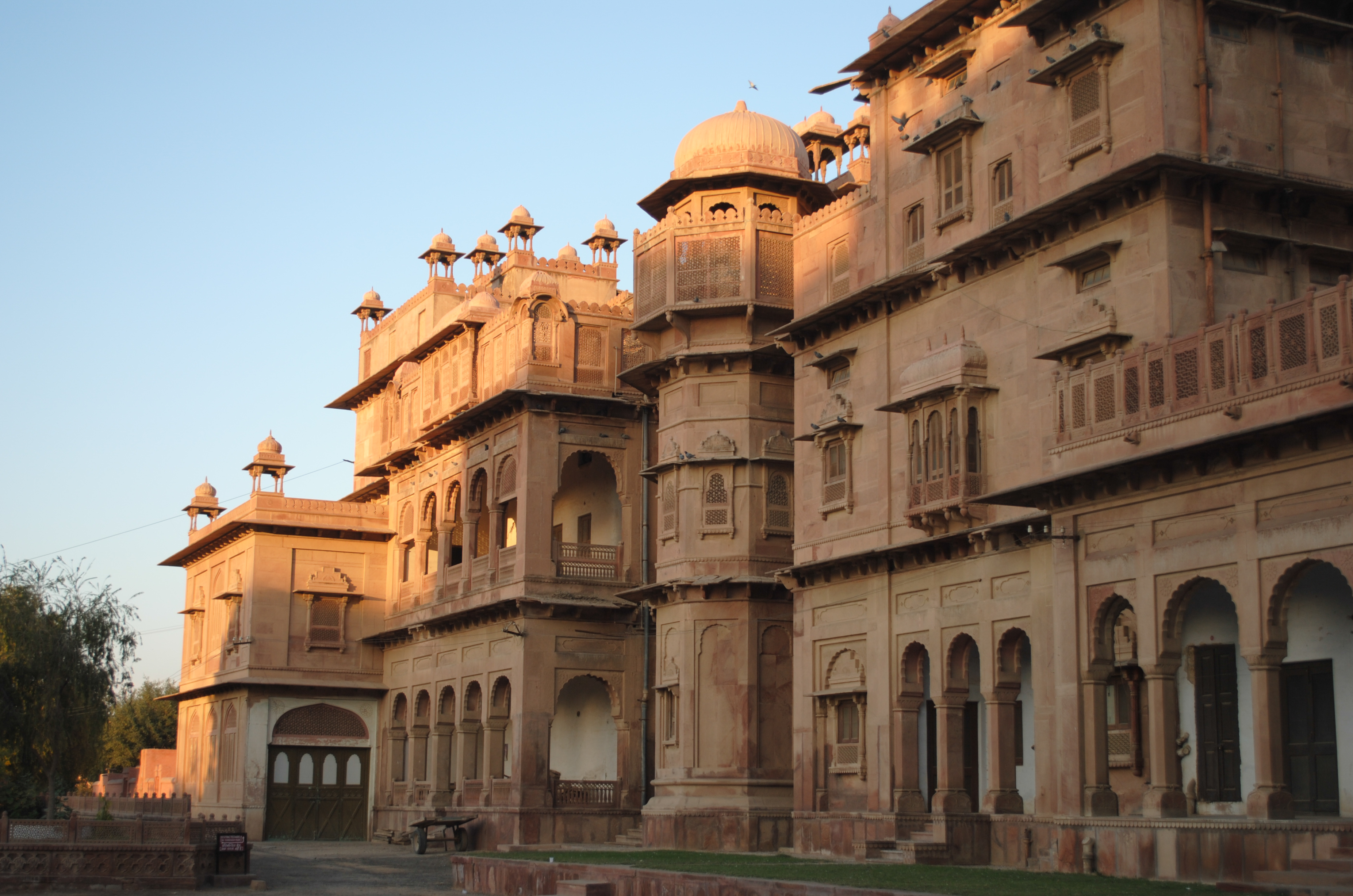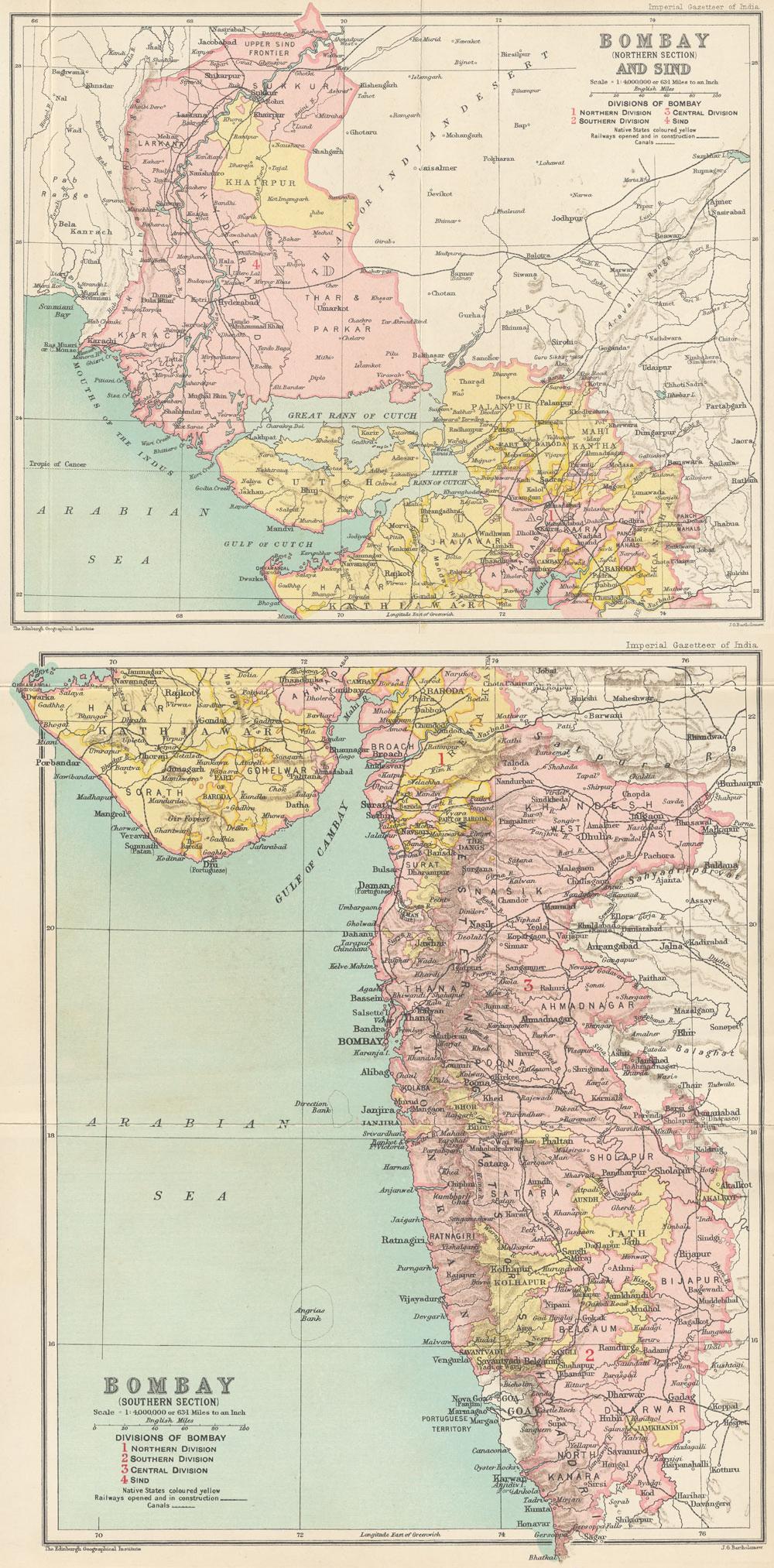|
Dodai Tribe
Dodai is a Baloch tribe of Sindhi Rajput origin. In Balochistan, Dodais are also included in Brahuis. Tribesmen of Dodai went on to found the towns of Dera Ismail Khan, Dera Ghazi Khan and Dera Fateh Khan. The Dodai rule lasted till the middle of the 18th century. Origin and branches The Dodai claim descent from Doda, a Soomro king of Sindh. The main branches of Dodais are Gurchani, Mirani and Kulachi. It has been described as a Rajput Rājpūt (, from Sanskrit ''rājaputra'' meaning "son of a king"), also called Thākur (), is a large multi-component cluster of castes, kin bodies, and local groups, sharing social status and ideology of genealogical descent originating fro ... tribe of probably Sindhi origin, which assimilated into the Baloch tribesmen and became a part of the Baloch confederation. See also * Malik Sohrab Dodai * Gurchani * Mirani References Sindhi tribes Baloch tribes {{Asia-ethno-group-stub ... [...More Info...] [...Related Items...] OR: [Wikipedia] [Google] [Baidu] |
Baloch People
The Baloch ( ) or Baluch ( ; , plural ) are a nomadic, Pastoralism, pastoral, ethnic group which speaks the Western Iranian, Western Iranic Balochi language and is native to the Balochistan region of South Asia, South and Western Asia, encompassing the countries of Pakistan, Iran, and Afghanistan. There are also Baloch diaspora communities in neighbouring regions, including in Central Asia, and the Arabian Peninsula. The majority of the Baloch reside within Pakistan. About 50% of the total Baloch population live in the Pakistani province of Balochistan, Pakistan, Balochistan, while 40% are Baloch people in Sindh, settled in Sindh and a significant albeit smaller number reside in the Baloch people in Punjab, Pakistani Punjab. They make up 3.6% of Pakistan's total population, and around 2% of the populations of both Iran and Afghanistan and the largest non-Arab community in Omani Baloch, Oman. Etymology The exact origin of the word "Baloch" is unclear. According to the Baloch his ... [...More Info...] [...Related Items...] OR: [Wikipedia] [Google] [Baidu] |
Mirani (clan)
The Mirani ( Balochi: میرانی) is a Baloch tribe that was influential in Derajat between the 15th and 18th centuries. The dynasty was founded by Haji Khan Mirrani I, the founder of Dera Ghazi Khan, who named it after his son, Ghazi Khan. From 1550, the dynasty became stronger and more authoritative in Derajat and held it till 1787. History In 1476 Nawab Ghazi Khan Mirani, son of Haji Khan Mirani, a Baloch chieftain, who had declared independence from the Langah dynasty Sultans of Multan. Haji, gave his name to the city which he founded before the end of the fifteenth century. The Derajat owes its existence as an historical area to the Baloch immigration in the fifteenth century. Sultan Husain, the Langah sovereign of Multan, being unable to hold his trans-Indus possessions, called in Baloch mercenaries, and assigned these territories to Haji Khan in his jagir. His sons, Ghazi Khan, Ismail Khan and Fateh Khan, founded the three Deras or 'settlements' named after them. Captai ... [...More Info...] [...Related Items...] OR: [Wikipedia] [Google] [Baidu] |
Malik Sohrab Dodai
Malik Sohrab Dodai was a Baloch mercenary who moved to Multan (Punjab) in the late 15th century with his father Mir Doda Khan at the behest of the Langah Sultanate dynasty. He was accompanied by his sons, Ghazi Khan, Fateh Khan, and Ismail Khan. This move is seen as the establishment of Baloch presence in the Derajat region, as Dodai was followed by fellow Baloch. Shah Hussain of Langah dynasty encouraged them by offering them lands extending from Kot Kehor ( Karor Lal Esan) to Dhankot (present-day Muzaffargarh).''The Baloch race. A historical and ethnological sketch.'' M. LONGWORTH DAMES. THE ROYAL ASIATIC SOCIETY, London, 1902. Sources *''Glossary of the Tribes and Castes of the Punjab and North West Frontier Province.'' H. A. Rose, Ibbetson, Maclagan Published by Asian Educational Services, 1990 ,*''The Baloch race. A historical and ethnological sketch.'' M. Longworth Dames. The Royal Asiatic Society The Royal Asiatic Society of Great Britain and Ireland, commonly kno ... [...More Info...] [...Related Items...] OR: [Wikipedia] [Google] [Baidu] |
Sindhi People
Sindhis are an Indo-Aryan peoples, Indo-Aryan Ethnicity, ethnic group originating from and native to Sindh, a region of Pakistan, who share a common Sindhi culture, History of Sindh, history, #History, ancestry, and Sindhi language, language. The historical homeland of Sindhis is bordered by southeastern Balochistan; the Bahawalpur Division, Bahawalpur region of Punjab; the Marwar, Marwar region of Rajasthan; and the Kutch, Kutch region of Gujarat. Sindhis are the third-largest Ethnic groups in Pakistan, ethnic group in Pakistan, after the Punjabis and Pashtuns, forming a majority in Sindh with Sindhis of Balochistan, historical communities also found in neighbouring Balochistan, Pakistan, Balochistan. They form a significant Sindhis in India, diasporic population in India, mostly Partition of India, partition-era migrants and their descendants. Sindhi diaspora is also present in other parts of South Asia; as well as in the Arab states of the Persian Gulf, Gulf states, the ... [...More Info...] [...Related Items...] OR: [Wikipedia] [Google] [Baidu] |
Rajput
Rājpūt (, from Sanskrit ''rājaputra'' meaning "son of a king"), also called Thākur (), is a large multi-component cluster of castes, kin bodies, and local groups, sharing social status and ideology of genealogical descent originating from the northern part of the Indian subcontinent. The term ''Rajput'' covers various patrilineal clans historically associated with warriorhood: several clans claim Rajput status, although not all claims are universally accepted. According to modern scholars, almost all Rajput clans originated from peasant or pastoral communities. Over time, the Rajputs emerged as a social class comprising people from a variety of ethnic and geographical backgrounds. From the 12th to 16th centuries, the membership of this class became largely hereditary, although new claims to Rajput status continued to be made in later centuries. Several Rajput-ruled kingdoms played a significant role in many regions of central and northern India from the seventh century ... [...More Info...] [...Related Items...] OR: [Wikipedia] [Google] [Baidu] |
Encyclopaedia Of Islam
The ''Encyclopaedia of Islam'' (''EI'') is a reference work that facilitates the Islamic studies, academic study of Islam. It is published by Brill Publishers, Brill and provides information on various aspects of Islam and the Muslim world, Islamic world. It is considered to be the standard reference work in the field of Islamic studies. The first edition was published in 1913–1938, the second in 1954–2005, and the third was begun in 2007. Content According to Brill, the ''EI'' includes "articles on distinguished Muslims of every age and land, on tribes and dynasties, on the crafts and sciences, on political and religious institutions, on the geography, ethnography, flora and fauna of the various countries and on the history, topography and monuments of the major towns and cities. In its geographical and historical scope it encompasses the old Arabo-Islamic empire, the Islamic countries of Iran, Central Asia, the Indian sub-continent and Indonesia, the Ottoman Empire and a ... [...More Info...] [...Related Items...] OR: [Wikipedia] [Google] [Baidu] |
Kulachi (tribe)
Kulachi or Kolachi () is a Baloch and Brahui tribe with Dodai Rajput origins. The tribe got its name from the Kolach or Kolanch area of Makran. The city of Karachi Karachi is the capital city of the Administrative units of Pakistan, province of Sindh, Pakistan. It is the List of cities in Pakistan by population, largest city in Pakistan and 12th List of largest cities, largest in the world, with a popul ... in Sindh may have derived its name from this tribe. References History of Karachi {{Pakistan-stub ... [...More Info...] [...Related Items...] OR: [Wikipedia] [Google] [Baidu] |
Gurchani
Gurchani or Gorshani, is Baloch people, Baloch tribe in the Sindh and Balochistan (Pakistan), Balochistan provinces of Pakistan. Legend In the 10th century, Soomra dynasty, Soomras ruled the Sindh region with Patan minara, Pattan as their capital. They were deposed by the Samma (tribe), Sammas. This branch of the Sumras is said to have joined the Baloch. Thus formed Gurchani section is settled at Harrand in the Dera Ghazi Khan District. The 19th century text, ''Tārikh-ī-Murād'', recounts the legend. The Sumra ruled region was split up into petty principalities quite independent of and often at war with one another. The chief of Phul Wadda, (now Naushahro Feroze District, Naushahra or Rahim Yar Khan District, Rahimyar Khan) was one Lakha Phulani, who was famous for his generosity to the Charanas. Lakha gifted some horses to a Charan called Swami. These were stolen at Pattan, where the Charan had halted on his way home, by some Sumra youths. The Charan knowing that the theft w ... [...More Info...] [...Related Items...] OR: [Wikipedia] [Google] [Baidu] |
Sindhis
Sindhis are an Indo-Aryan ethnic group originating from and native to Sindh, a region of Pakistan, who share a common Sindhi culture, history, ancestry, and language. The historical homeland of Sindhis is bordered by southeastern Balochistan; the Bahawalpur region of Punjab; the Marwar region of Rajasthan; and the Kutch region of Gujarat. Sindhis are the third-largest ethnic group in Pakistan, after the Punjabis and Pashtuns, forming a majority in Sindh with historical communities also found in neighbouring Balochistan. They form a significant diasporic population in India, mostly partition-era migrants and their descendants. Sindhi diaspora is also present in other parts of South Asia; as well as in the Gulf states, the Western world and the Far East. Sindhis are a diverse group in terms of religious affiliations and practices. Approximately 94% are adherents of Islam, primarily the Sunni denomination with a significant population also following the Shia denomi ... [...More Info...] [...Related Items...] OR: [Wikipedia] [Google] [Baidu] |
Sindh
Sindh ( ; ; , ; abbr. SD, historically romanized as Sind (caliphal province), Sind or Scinde) is a Administrative units of Pakistan, province of Pakistan. Located in the Geography of Pakistan, southeastern region of the country, Sindh is the third-largest province of Pakistan by land area and the Demographics of Pakistan, second-largest province by population after Punjab, Pakistan, Punjab. It is bordered by the Pakistani provinces of Balochistan, Pakistan, Balochistan to the west and north-west and Punjab, Pakistan, Punjab to the north. It shares an India-Pakistan border, International border with the Indian states of Gujarat and Rajasthan to the east; it is also bounded by the Arabian Sea to the south. Sindh's landscape consists mostly of alluvial plains flanking the Indus River, the Thar Desert of Sindh, Thar Desert in the eastern portion of the province along the India–Pakistan border, international border with India, and the Kirthar Mountains in the western portion of ... [...More Info...] [...Related Items...] OR: [Wikipedia] [Google] [Baidu] |
Soomro
Soomro ( Sindhi: , Devanagari: सूमरो), Soomra, Sumrah or Sumra is a tribe having a local origin in Sindh, Pakistan. They are found in Sindh, parts of Punjab especially bordering Sindh, Balochistan province, and the Kutch district of the Indian state of Gujarat and also Rajasthan. The Soomras ruled throughout the Sindh and Multan regions. The Soomro tribe established the Soomra dynasty in 1025 CE, which re-established native Sindhi rule over Sindh following the Arab conquests. Many members of the Soomro tribe were among the first in Sindh to convert to Islam from Hinduism Hinduism () is an Hypernymy and hyponymy, umbrella term for a range of Indian religions, Indian List of religions and spiritual traditions#Indian religions, religious and spiritual traditions (Sampradaya, ''sampradaya''s) that are unified ... but initially continued to maintain several Hindu customs and traditions. Origins Many authors have presented conflicting accounts of Soomro's or ... [...More Info...] [...Related Items...] OR: [Wikipedia] [Google] [Baidu] |

